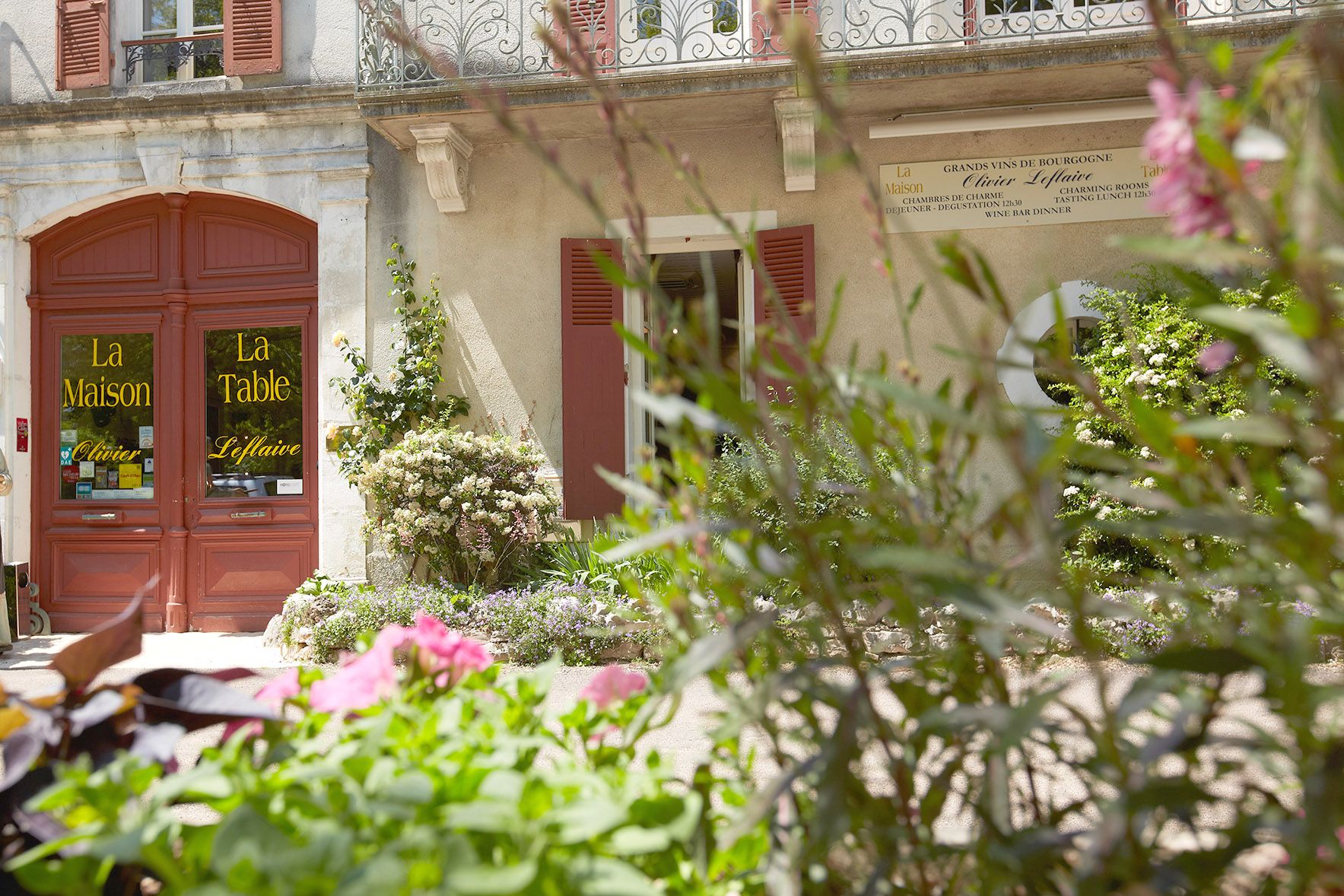The French region of Burgundy is a formidable presence in the world of wine – and one of its most prominent families is, without a doubt, the Leflaive family.
In a region of wine heavyweights, the Leflaive family has managed to climb all the way to the top and now sits at the head of a formidable empire.
History in the making
Oliver Leflaive’s background in economics led him to begin his career in wine at the family’s vineyard, Domaine Leflaive. Here he worked under his uncle for a time, but struck out on his own as a négociant in 1982 – and thus the Oliver Leflaive Winery was born.
And the rest, as the saying goes, is history.
Best is the business
Today, Leflaive is well known as a prestigious négociant with a focus on the highest quality of ingredients and wine-making that place a premium on the organic human touch without the use of chemistry.
The winery has a share in the best pieces of real estate in the Burgundy region: Puligny-Montrachet, Chassagne-Montrachet, Meursault and Côte Chalonnaise.
From time to time, people engage in the pursuit of deciding which of the two Leflaive wineries makes the best wines – however, keeping in mind that they frequently exchange both grapes and wine-makers, the point may be moot and best left entirely up to the consumer to decide.
The only concrete difference is the gulf in prices.















